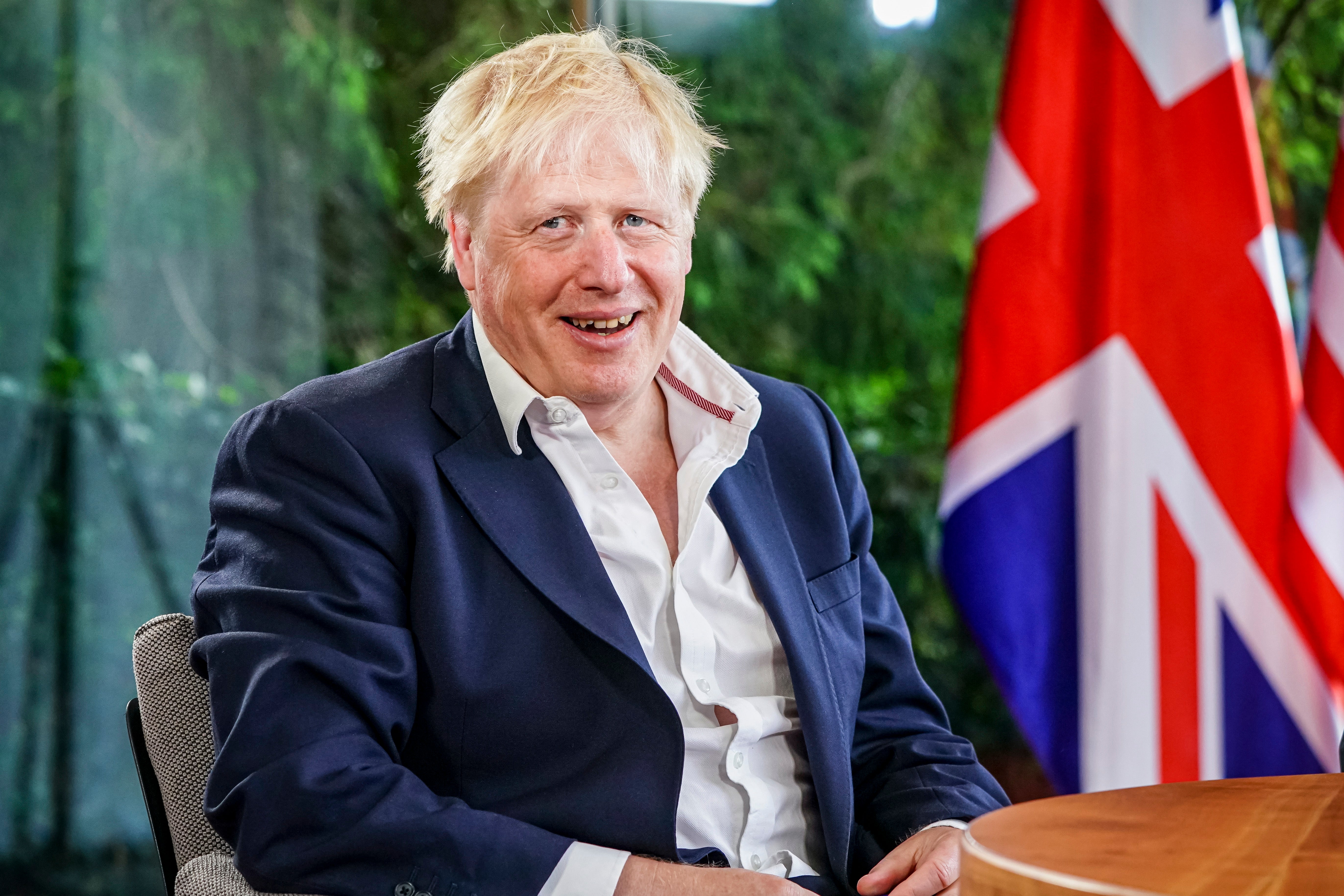Election manifestos have caused plenty of problems – Boris Johnson and Keir Starmer should beware
They should be precise but limited or short and deal mostly in broad strategy, argues Sean O’Grady


Election manifestos are rarely read but frequently argued over, and the usual rule is that having one can help a party get elected but make it both harder to govern and to hang on to power at the following election. Manifesto politics are proving unusually troublesome for both the main parties at the moment.
The government, for example, is currently under fire, so to speak, for the reported willingness of the prime minister to break the promise in the 2019 election to increase defence expenditure relative to national income. The document stated: “We will continue to exceed the Nato target of spending 2 per cent of GDP on defence and increase the budget by at least 0.5 per cent above inflation every year of the new parliament.”
Now the criticism about the apparent willingness to resile from that comes not only from Labour but from the defence secretary himself. Ben Wallace has written to the prime minister to make his case – and someone leaked the letter, which cites such embarrassments as a lack of drones, not enough pilots to fly multibillion-pound stealth jets, and a paucity of crew members aboard Royal Navy nuclear submarines.
The incident illustrates the dangers of even the most safe-looking manifesto promises. On the one hand, back in December 2019, no one would have predicted that there would be a full-scale invasion of Ukraine by Russia less than three years later. Nor that the whole of Europe would be vulnerable or that Nato would be sending significant quantities of munitions and troops to eastern Europe. If anything, the case for more military spending is far stronger than it was in 2019. The price of deterrence is far less than the cost of fighting a war, let alone losing one.
On the other hand, and in all fairness to the Treasury and No 10, neither did many see the Covid-19 pandemic coming, nor the effects the war and sanctions would have on inflation, with the logical implication of the manifesto pledge that defence spending would increase by almost 15 per cent, adding to the already pressured public finances.
As every government therefore finds, like military plans, manifesto commitments rarely survive the first brush with reality – and that has also proved the case with the famous slogan “get Brexit done” (currently being renegotiated again, if only unilaterally), and the promise not to raise tax rates (with the tax burden the highest in about 70 years).
In similar fashion, Keir Starmer also has problems with the platform his party stood on at the last election, and the slimmed-down, watered-down version he used in his leadership campaign. His views on the 2019 version are summed up by the fact he now says he will scrap the last election manifesto and will be “starting from scratch”. Indeed, it is a doubly complicated U-turn because he is also denouncing the more successful 2017 manifesto, under Jeremy Corbyn, which rewarded Labour with 40 per cent of the vote.
In his leadership campaign Starmer called the 2017 programme a “foundational document”, and praised its “radicalism”, adding back then that: “We have to hang on to that as we go forward.” Starmer’s personal appeal to the Corbynistas of the time on “common ownership” stated: “Public services should be in public hands, not making profits for shareholders. Support common ownership of rail, mail, energy and water; end outsourcing in our NHS, local government and justice system.” The opposition leader now wriggles around some of this apparent pledge to nationalise the commanding heights of the economy.
Manifestos have almost killed political parties. In 1983 Labour famously went down to what was then its worst result since before the war, with what the late wit and ex-Labour minister Gerald Kaufman derided as “the longest suicide note in history”. Because Labour’s ruling national executive couldn’t agree on a text, the party’s researchers instead published a bulky compilation of party conference resolutions, which was just as persuasive as it sounds.
Nick Clegg, in 2010, had good reason to regret his iron commitment – personally signed by him and his MPs – to abolish student tuition fees. For reasons good and bad, the Con-Lib coalition instead trebled them, and the Lib Dems were virtually wiped out in 2015, only just reviving now.
For most of the 1960s and 1970s, both main parties pledged never to introduce a pay policy to fight inflation, only to find in office that they had no option if they also wished to avoid mass unemployment. Promises that are kept, such as not increasing income tax rates, are often subverted by, in that current example and many previous cases, freezing tax thresholds, raising national insurance rates or reducing personal tax reliefs. What look like hard promises are usually more rubbery in practice.
Manifestos, on the whole, tend to do parties and politics more harm than good. If used, they should be precise but limited (as with New Labour’s pledge card in 1997), or short and deal mostly in broad strategy (the Thatcher programme in 1979 being the exemplar). Few can afford to be as bold as Labour was in 1945, when “Let Us Face the Future” declared: “The Labour Party is a Socialist Party, and proud of it.”
More tempting for a politician, though usually impractical, is to dispense with the whole thing because it requires too much facing up to tough choices. That was why the Brexit Party didn’t bother with one in 2019 and Boris Johnson left his options open when running for party leader in 2019. Then you can’t, later on, be easily accused of “betrayal” or of lying.






Join our commenting forum
Join thought-provoking conversations, follow other Independent readers and see their replies
Comments